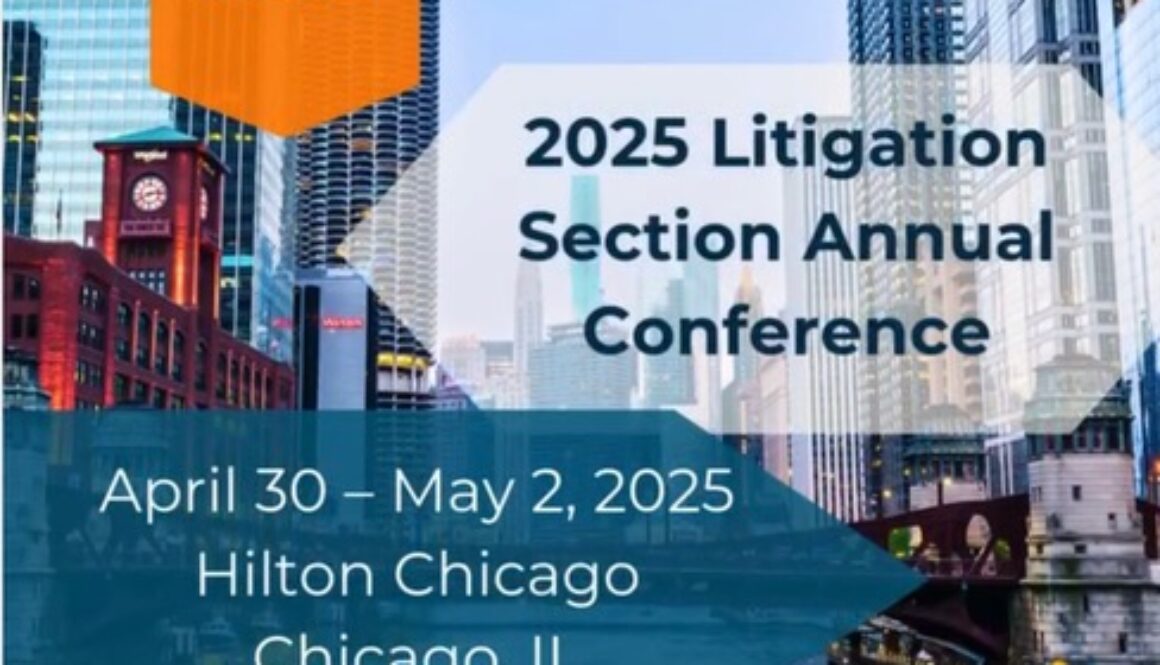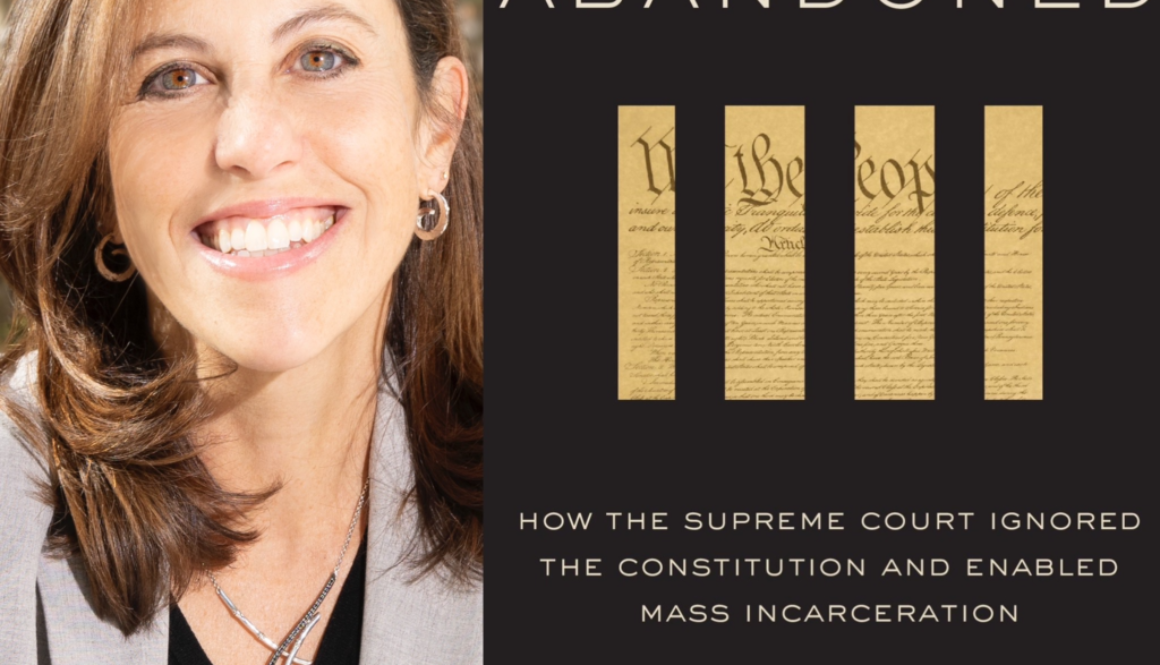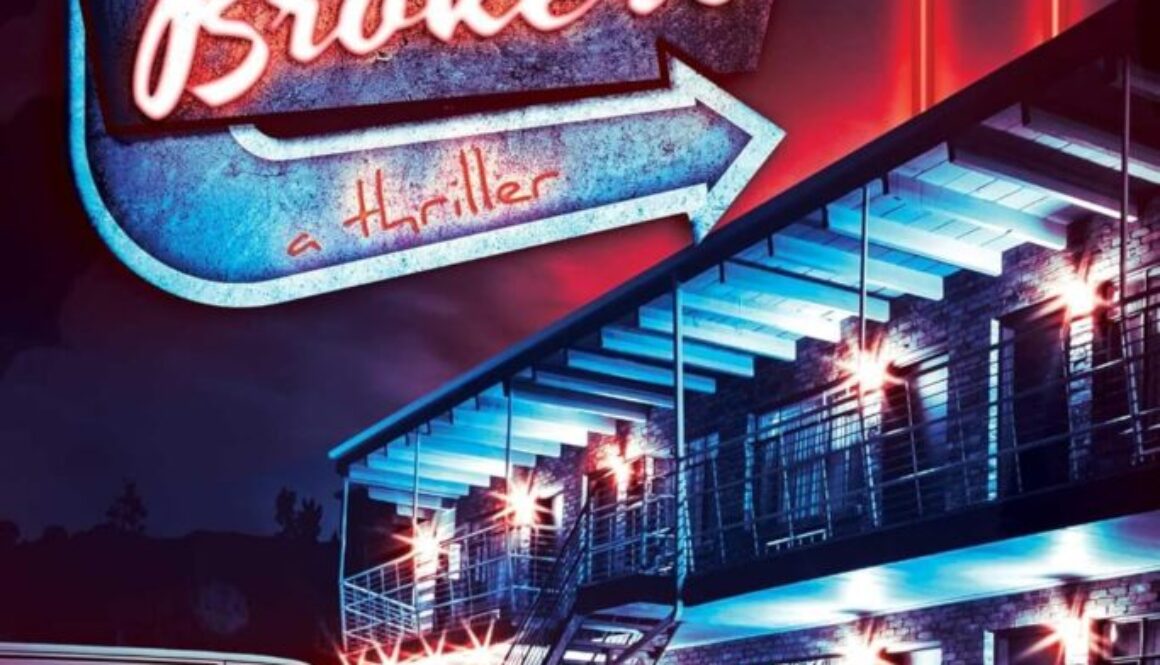White Collar Support Group™ Tuesday Speaker Series: Louis L. Reed
On Zoom, April 8, 2025, 7 pm ET, 4 pm PT. Free and Open To All. Start Here™.
We are very happy to have Louis L. Reed as our April White Collar Support Group Tuesday Speaker.
Register Here Today!
About Louis L. Reed:
Louis is a nationally recognized leader in social impact, blending lived experience with expertise in criminal justice reform, policy advocacy, and public health. After serving nearly 14 years in federal prison, he helped pass over 30 state and federal bills, including the First Step Act of 2018, creating pathways to freedom for more than 650,000 individuals.
Reed is the Executive Vice President of the Douglass Project for Justice, where he leads efforts to reduce recidivism and support successful reentry. Previously, he served as Senior Director of Strategic Partnerships for Jay-Z’s REFORM Alliance and Director of Membership and Organizing at Dream Corps Justice, co-founded by Van Jones and Jessica Jackson.
As the host of the Illmatic Podcast, Reed explores the intersection of hip-hop, resilience, and justice reform, amplifying stories of transformation. He is the founder of Decoded: Story Lab, a documentary film production company, and the author of Deuce’s First Step, a children’s book for families impacted by incarceration. Reed has also consulted for Hulu’s UnPrisoned and is featured in the documentaries First Step and When Does Freedom Begin.
A TEDx speaker and licensed addictions practitioner, Reed has earned recognition as one of LA Weekly’s “Top 5 People to Follow” and was inducted into the 2024 Connecticut Hall of Change. Through his work, he continues to inspire change and advance equity at the intersection of justice, media, and culture.
Register Here Today!
We highly recommend Brent Cassity’s podcast, Nightmare Success, in which he interviews justice-impacted people from all walks of life. He is a White Collar Support Group member with a mission to be of service to our community. Please check it out on Spotify at or on your favorite podcast platform.
Sponsored by Progressive Prison Ministries/White Collar Support Group™. Start Here™. https://prisonist.org
Sponsored by GrantLaw, PLLC: https://grantlaw.com






